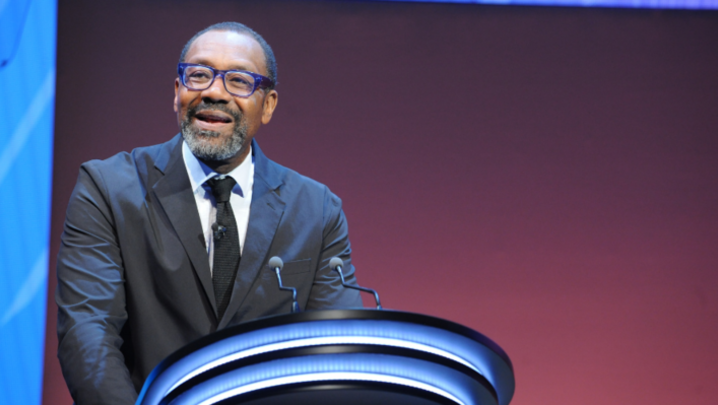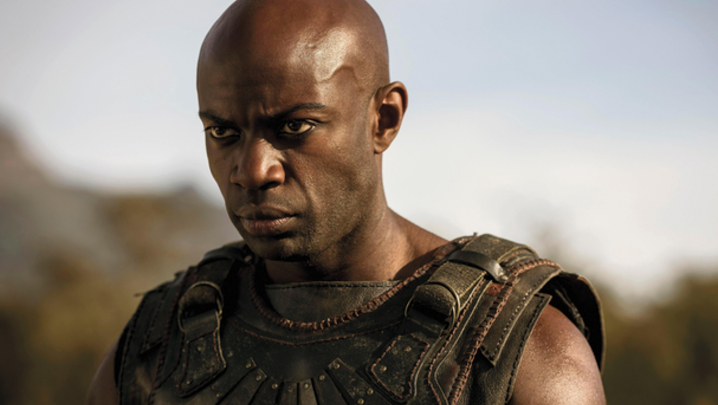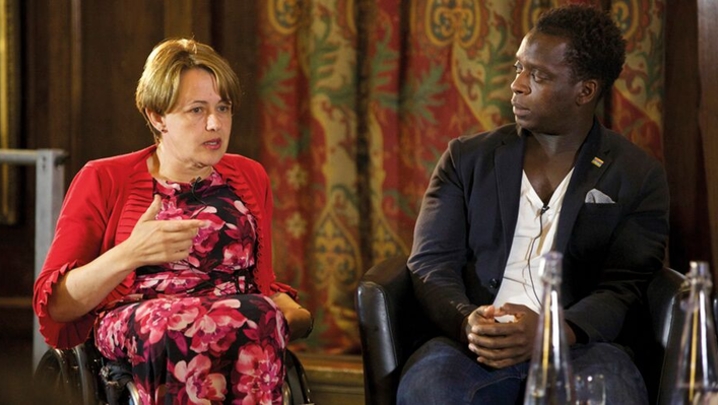Andrew Sheldon identifies genuine change as diversity initiatives take effect, but warns that significant problems remain
Eight months on from the broadcasters announcing new initiatives on diversity, across the industry there’s a sense of a nettle being grasped. On screen, in production offices and in commissioning teams, there are signs of real change. And that’s long before the data is published that will measure it.
The need to deliver on diversity at the point of commissioning programmes has focused minds and brought an awareness about diversity that simply didn’t exist before. It should add up to rapid and tangible progress.
However, it’s also brought an added challenge for producers from outside of the M25. Away from London, the workforce is far less fluid than in the capital and the industry’s infrastructure is often far more fragile.
At True North, we decided we would embrace the spirit of what was proposed and not tick boxes simply so that we would comply.
We’re doing sessions at relevant events, such as the BBC’s Move On Up day, offering more support and encouragement internally, both on- and off-screen. Our company has also taken on two BAME trainees.
To find them, we went to Creative Access, who drew up a shortlist of applicants. Following two days of interviews, we took on Fiona Udahemuka, who came from radio to work in production.
Our second recruit was Mohsin Ahmad. He was producing corporate films after graduating and is now a camera and post-production assistant.
They’ll now kick on, but getting people into the industry is only part of the story. For the tight-knit production community in the North, retaining good people is vital.
And that’s an area where the diversity push has actually had a negative effect, particularly at a senior level.
To really tackle diversity and maintain a thriving indie community in the nations and regions, there needs to be a more holistic view from the broadcasters – and probably greater investment.
Take the appointment of people from a BAME background to commissioning roles at the BBC.
It’s a really positive step, and one that is already strengthening the commissioning process in W1A.
But several of the successful candidates came from senior levels of the industry outside the M25.
The upshot was that the positive effect in London diminished the talent available in the nations and regions. That, in turn, fuels the perception that, outside of London, there simply aren’t good people… and so the wheel turns.
One final thought is that diversity isn’t just about ethnicity, sexuality and disability. It’s also about celebrating the cultural and social differences that exist throughout Britain.
And nowhere does that apply more than in Bradford, which is one of the largest cities in the land, Unesco City of Film and home of the National Media Museum.
After London and Birmingham, it has the biggest Muslim community in the UK, and also some of the poorest working-class neighbourhoods. In other words, it is a touchstone for many of the biggest issues facing our country.
Yet the BBC has recently closed its office in Bradford as part of a cost-cutting exercise. Now, I know the argument is that Bradford is well served from Leeds for its news and that it’s frequently the location for drama. There’s even an occasional visit from a documentary team.
But if you can make the argument for a lot of production being based in Belfast, which is of a similar scale, then surely multicultural Bradford deserves a small and permanent BBC office, if only in the name of diversity?
Andrew Sheldon is Creative Director and founder of Leeds-based True North.





